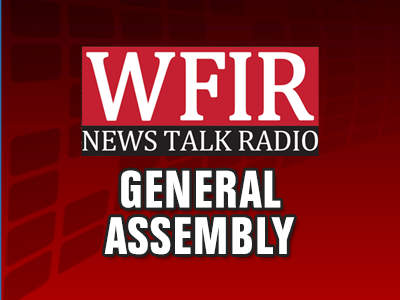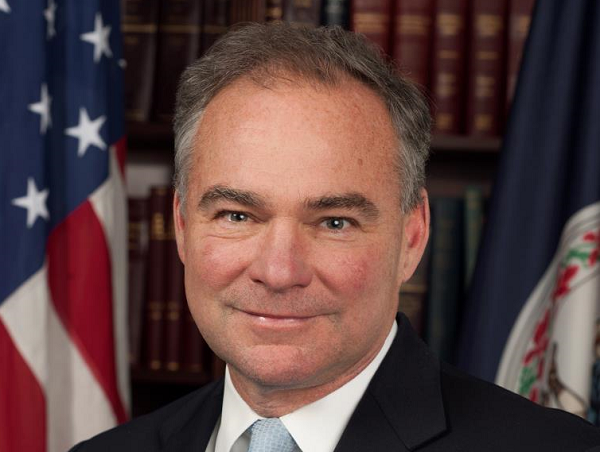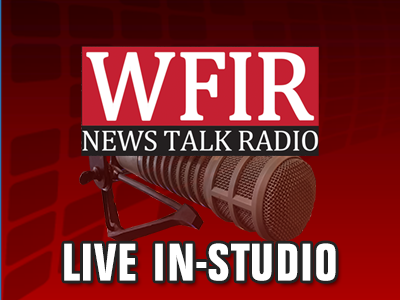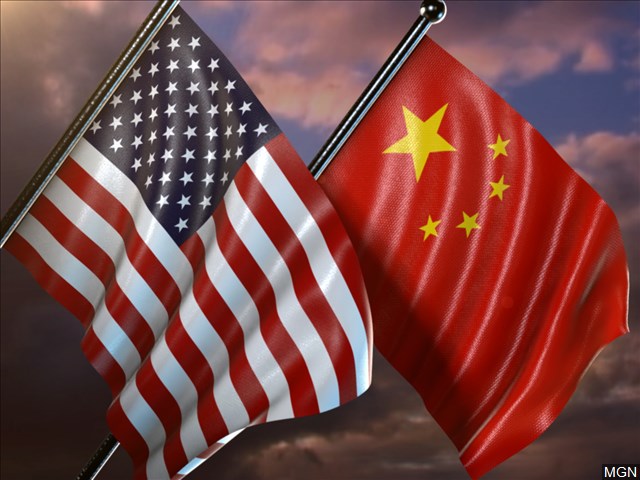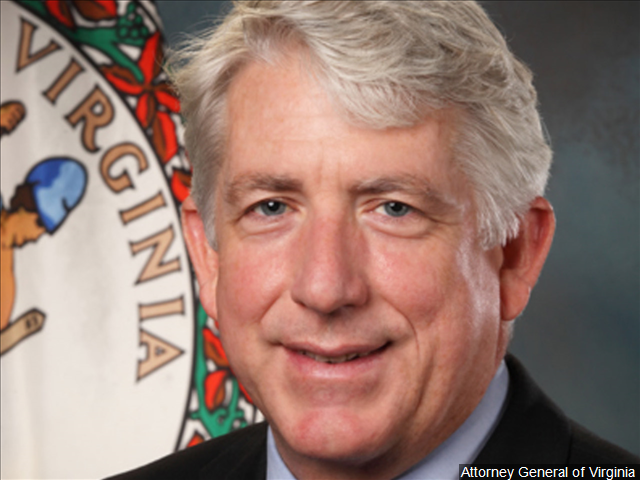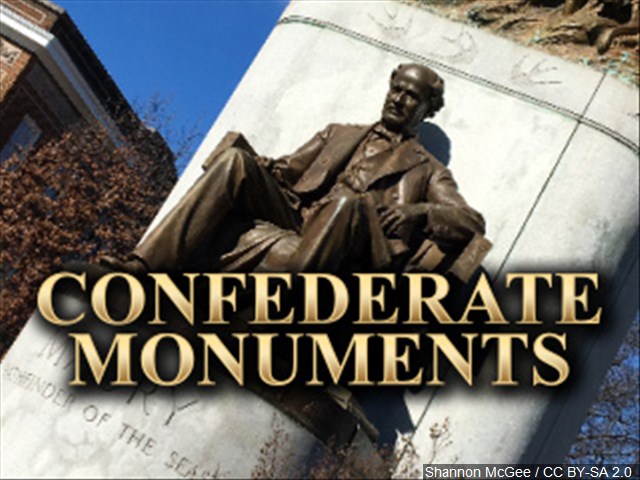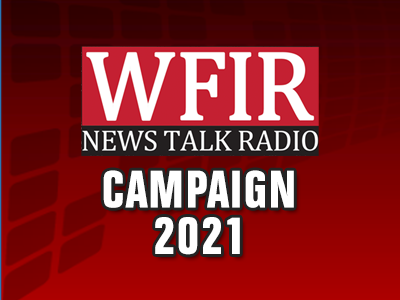Virginia tourism officials are asking the General Assembly to allocate an additional $50 million to help the...
State and National Government
Virginia lawmakers will face some budget decisions they didn’t see coming a year ago: what to do...
U.S. Senator Tim Kaine hopes a Democratic Congress and Democratic president provide the means to end presidential...
An outside probe into how Virginia’s government watchdog agency conducted an investigation of a controversial State Parole...
RICHMOND, Va. (AP) — Virginia state government continues to bring in more revenue than expected, with a...
ARLINGTON, Va. (AP) — A northern Virginia county near the nation’s capital is paving the way to...
RICHMOND, Va. (AP) — It’s been nearly three decades since Virginia’s only woman to win a statewide...
RICHMOND—Governor Ralph Northam today announced that total General Fund revenues rose 66.2 percent in May, the largest...
The US Senate has hammered out a tentative bipartisan agreement on a scaled-down infrastructure bill, although the...
Calling China the most important challenge facing the US internationally right now, Democratic Senator Tim Kaine has...
Former Governor Terry McAuliffe is now the official Democratic nominee as he seeks a 2nd term in...
RICHMOND, Va. (AP) — Attorney General Mark Herring will seek a third term from voters in November...
RICHMOND, Va. (AP) — Last June, when Virginia Gov. Ralph Northam announced a plan to take down...
RICHMOND, Va. (AP) — Former Virginia Gov. Terry McAuliffe’s signature exuberance was on full display as he...
A just released Roanoke College poll shows Former Governor Terry McAuliffe and incumbent Attorney General Mark Herring...

